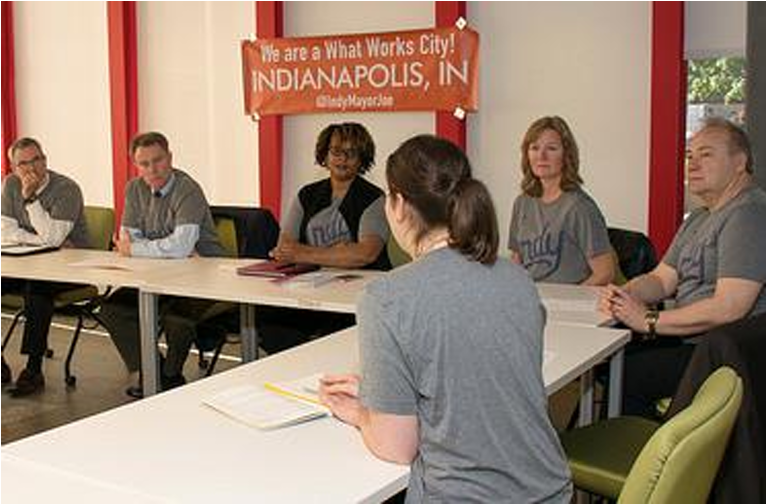

As part of Bloomberg Philanthropies’ What Works Cities initiative, the GPL provided pro bono technical assistance to help Indianapolis increase competition, reduce costs, improve service quality, and enhance the City’s information technology (IT) capabilities by adopting results-driven contracting strategies for its IT application services contracts.
More Research & Insights


Strengthening Vendor Engagement to Better Support Women and Minority-Owned Businesses in Buffalo, NY

Advancing Economic Mobility for Students in Lansing, MI

Advancing Equity through Capital Construction Projects in Asheville, NC

Strengthening Vendor Engagement to Better Support Women and Minority-Owned Businesses in Buffalo, NY
